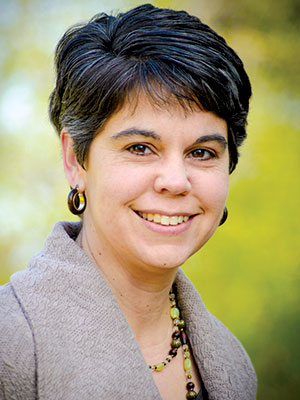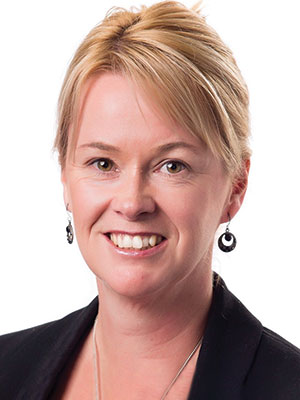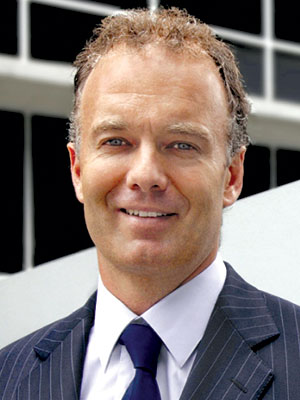
Evidence-based treatment guidelines for osteoarthritis (OA) inform clinicians about proper management of this common chronic condition, but studies show those recommendations aren’t being implemented effectively in real-world clinical settings.
In an effort to improve the treatment for osteoarthritis, three experts will discuss the Multidisciplinary Management of OA during an ACR/ARP Combined Session that will take place from 4:30 – 6:00 pm Tuesday in Room B204, Building B in the Georgia World Congress Center.
The session will begin with Kelli Allen, PhD, Professor of Medicine in the Division of Rheumatology, Allergy and Immunology at the University of North Carolina, Chapel Hill, who will discuss OA models of care.
“We don’t know all the reasons evidence-based therapies and guidelines don’t always get implemented effectively, but we think it’s partly because in many health systems there’s not a typical model of care for ensuring that all of the components of osteoarthritis care, such as weight loss, physical therapy and exercise therapy, get addressed,” Dr. Allen said. “The treatment guidelines that exist aren’t really prescriptive in terms of how to set up a system or model to ensure that guideline concordant care is being delivered.”
Dr. Allen will address that gap by focusing on practical examples from successful models of OA care.
“One of my objectives is to show how to use models of care to increase the efficiency of a practice,” she said. “We want them to be a benefit. Not a burden. We know that models of care have to be built for feasible implementation. This is about operationalizing and systematizing what happens for a given patient to ensure they receive the recommended care based on the evidence.”

Rana Hinman, PhD, Professor of Physiotherapy at the University of Melbourne, Austrailia, will then present “Core Capabilities for Health Professionals to Optimize Care for People With OA.” Dr. Hinman will discuss the skills clinicians need to address the gaps in OA care. She will discuss recently completed research that looked specifically at the role of health professionals in ensuring patients receive best-practice care.
“Our work was aimed at understanding the core capabilities or skills that clinicians need to be able to deliver optimal evidence-based care for osteoarthritis,” Dr. Hinman said. “There’s quite a lot of research that tells us clinicians aren’t comfortable managing osteoarthritis. They feel underprepared and unskilled in many areas — especially in areas around lifestyle management. Clinicians are often uncomfortable prescribing interventions such as exercise and struggle with how to provide support to patients to help them lose weight.”
One core skill she will discuss is communication. She will demonstrate how providers can improve their communication skills and give concrete examples of phrases that are helpful or unhelpful when prescribing exercise or weight loss.
“There are a lot of common misconceptions about how to talk to patients,” Dr. Hinman said. “We know that certain phrases are not helpful. Descriptions like ‘bone on bone’ or ‘wear and tear’ are really unhelpful. When a clinician uses those words, patients are less likely to engage in the treatments we’re advocating and are more likely to opt for surgical intervention.”
She said that the goal is to understand the skills needed and refine medical education and professional development activities to boost those skills so clinicians feel more confident.

David Hunter, PhD, MBBS, Professor of Medicine at the University of Sydney, will present “Implementation and Evidence from Osteoarthritis Models of Care.”
Dr. Hunter said the current ways of caring for patients with OA are not working.
“Typical management for osteoarthritis in the general community is best described as fragmented, low value, and inappropriate,” he said. “There are now a number of randomized trials and pragmatic interventions that have clearly demonstrated the efficacy of multidisciplinary management of osteoarthritis. They make a difference to patient outcomes, including pain and function, and to health service utilization requirements — in particular by diminishing the need for joint replacements.”
Dr. Hunter will focus on evidence from current successful OA management programs. He will share keys to success from these models, including wide stakeholder engagement, tailoring management program ingredients to the individual and local context, engaging expert patients in program delivery, and utilizing electronic resources to provide education and track and evaluate outcomes.
